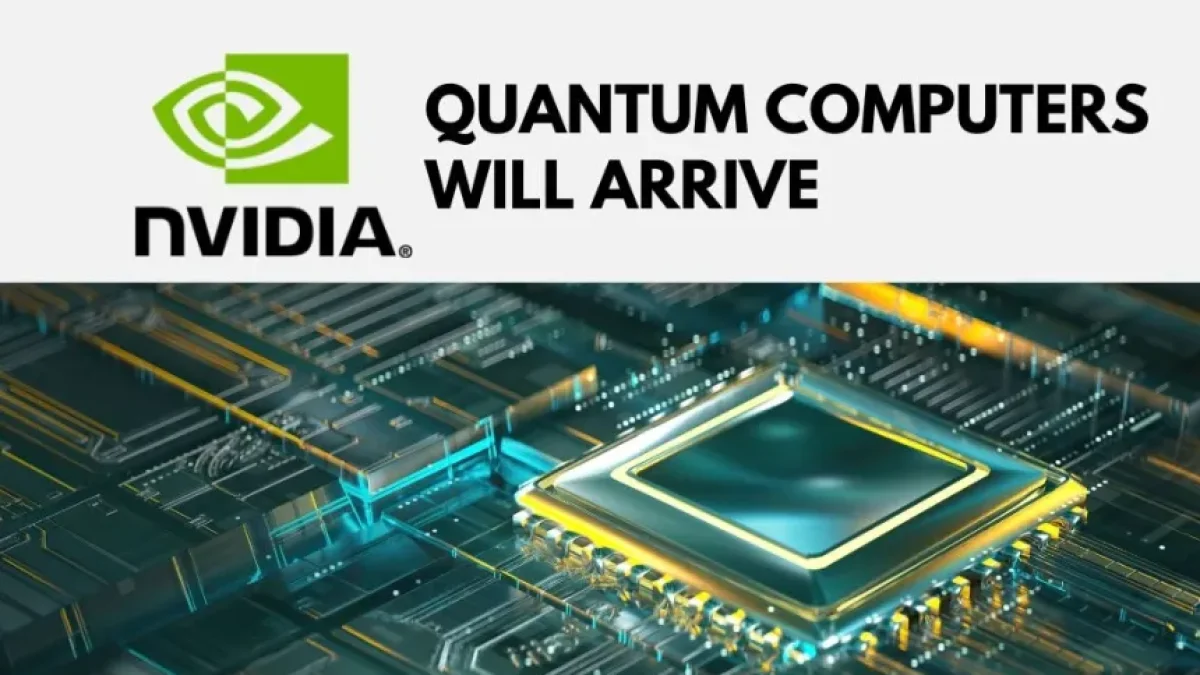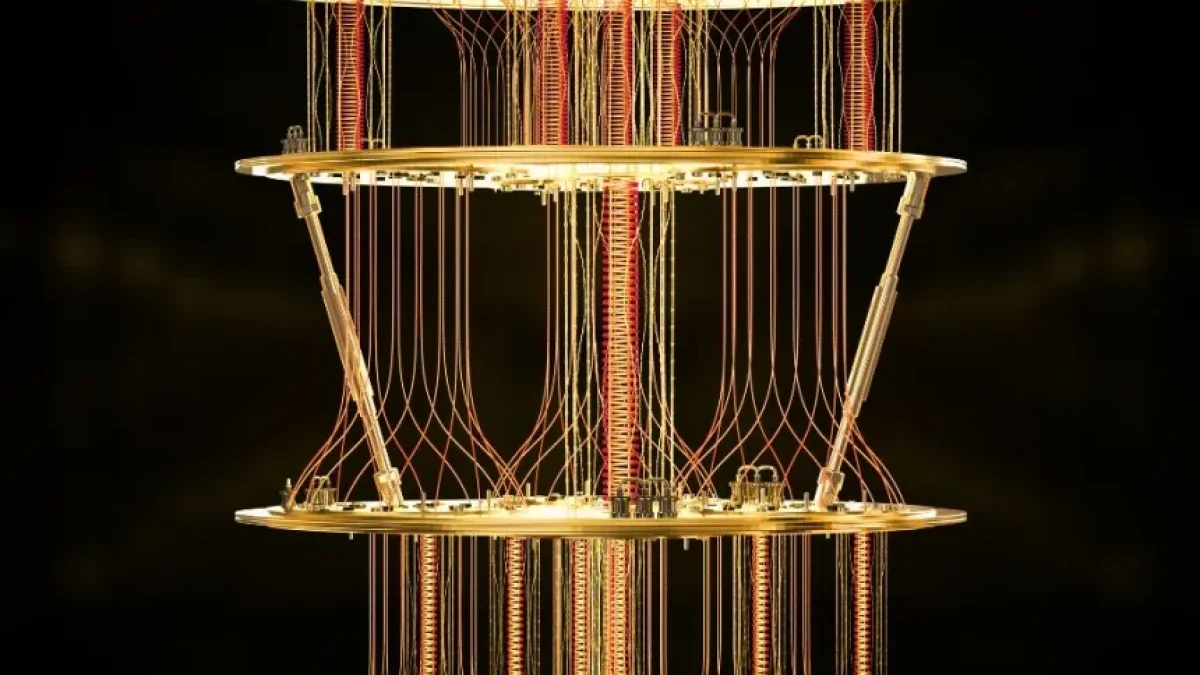Jensen Huang of NVIDIA admits mistake about quantum computing and its future


Jensen Huang, CEO of NVIDIA, has acknowledged a significant mistake regarding the expectations surrounding the development of quantum computing. During his presentation at the NVIDIA GTC conference, he chose to open up to the audience about his previous statements, admitting that his belief that quantum computing would be operational and ready within 15 years was, in his own words, “too optimistic.”
A Changing Technological Landscape
The current technological landscape is dominated by advances in artificial intelligence (AI) and robotics, technologies that are generating a palpable transformation in society and the workforce. Automation, driven by these innovations, has resulted in mass layoffs across various industries, and this trend is expected to continue.
While AI and robotics are frequent topics of conversation, quantum computing emerges as a complementary technology that major tech corporations are eager to dominate. This form of computing is based on principles of quantum physics, such as superposition and entanglement, allowing it to solve problems that a conventional computer would take years to process, in mere seconds or minutes.
Despite advancements in quantum computing over the past few years, this technology remains distant for the average user, who is more aware of developments in AI and robotics. Tech companies are investing significantly in making quantum computing a tangible reality in the future, although it is anticipated that it will take at least a decade or more.
Read also
The Responsibility of Words
Huang, who has been the CEO of NVIDIA for over 30 years, is a respected figure in the tech industry. The company is known for its graphics cards but has emerged in recent years as the leading supplier of AI chips. Huang's words carry considerable weight, and his comments can significantly impact the market and expectations surrounding companies dedicated to quantum computing.
During the recent NVIDIA GTC conference, Huang felt the need to clarify comments he made during Quantum Day earlier in 2023. On that occasion, he questioned how a quantum computing company could be publicly traded, a remark that seemingly generated negative reactions in the sector. In his speech, he stated: "This is the first event in history where the CEO of a company invites all guests to explain why he was wrong."
Advances in Quantum Computing
Major players in the tech sector, such as IBM, Google, and Microsoft, as well as several startups, have already created prototypes of quantum computers that process hundreds of qubits. However, these systems still face stability issues in their calculations due to the significant amount of quantum noise interfering with their operation.
Read also
Significant advances are expected in the next two decades to correct quantum errors, enabling computers to operate stably and competitively, surpassing conventional computers in various applications.
The urgency for quantum computing to become fully functional is evident to major tech firms, as it is anticipated that artificial intelligence will greatly benefit from this technology. Quantum computing is not only projected as an essential tool for developing new materials but also has the potential to revolutionize healthcare, providing more personalized and effective treatments to patients.
Realities About the Future of Quantum Computing
Jensen Huang emphasized that the estimate of 15 years for quantum computing to become an effective tool was, in fact, optimistic. A more realistic horizon would be around 20 years. To illustrate this claim, the NVIDIA CEO mentioned the case of his own company, which took over two decades to solidify its growth in the software and hardware sector.
Quantum computing promises to be transformative; however, its everyday implementation accessible to the average user is still far off. The ambition of companies to accelerate this process is palpable, and the impact it will have on society and the economy could be monumental.
Reflections and Challenges
As the tech sector advances, the need to be cautious with projections and expectations is increasingly evident. The words of leaders like Jensen Huang not only reflect their vision for the future but can also shape the fate of many companies and projects in the emerging field of quantum computing.
Recognizing his previous statements as inadequate is a step toward transparency and accountability that industry leaders must assume. In an environment where innovation is rapidly advancing, being able to adjust expectations is crucial for navigating present and future challenges.
Debates and developments in this fascinating field are expected to continue, and advances in quantum computing are likely to integrate effectively with other advanced technologies, such as artificial intelligence, to build a more connected and efficient tomorrow.
To continue exploring more about technology topics and other news, be sure to visit the blog.



















